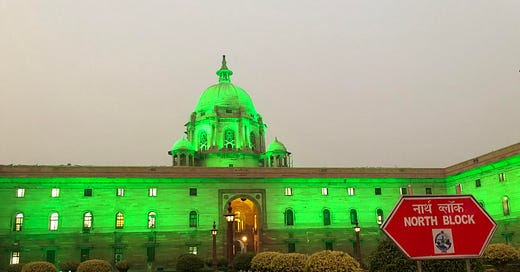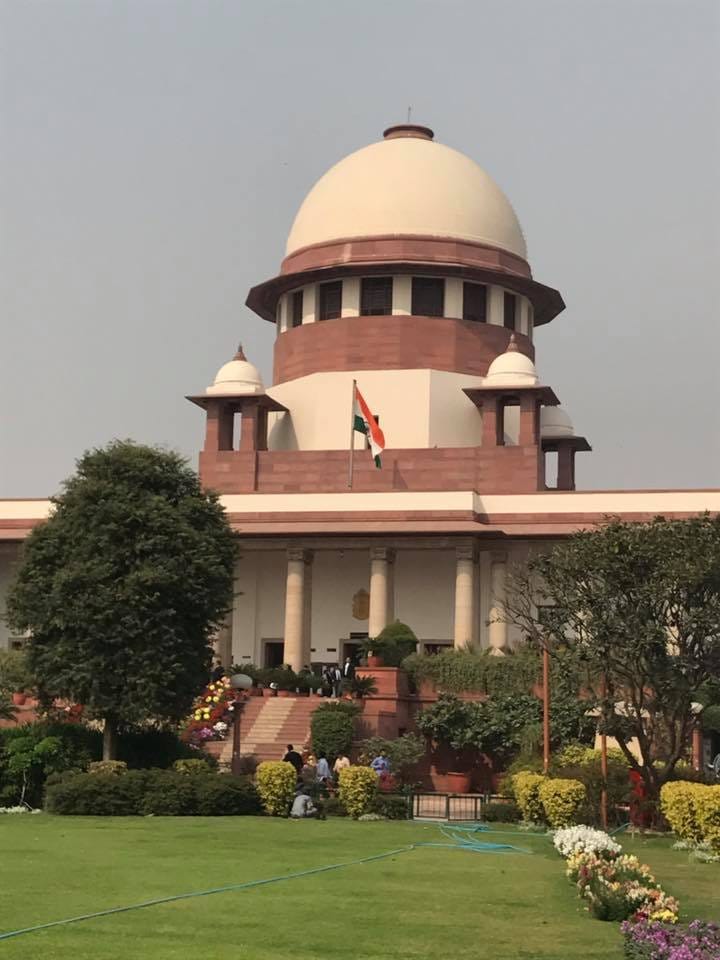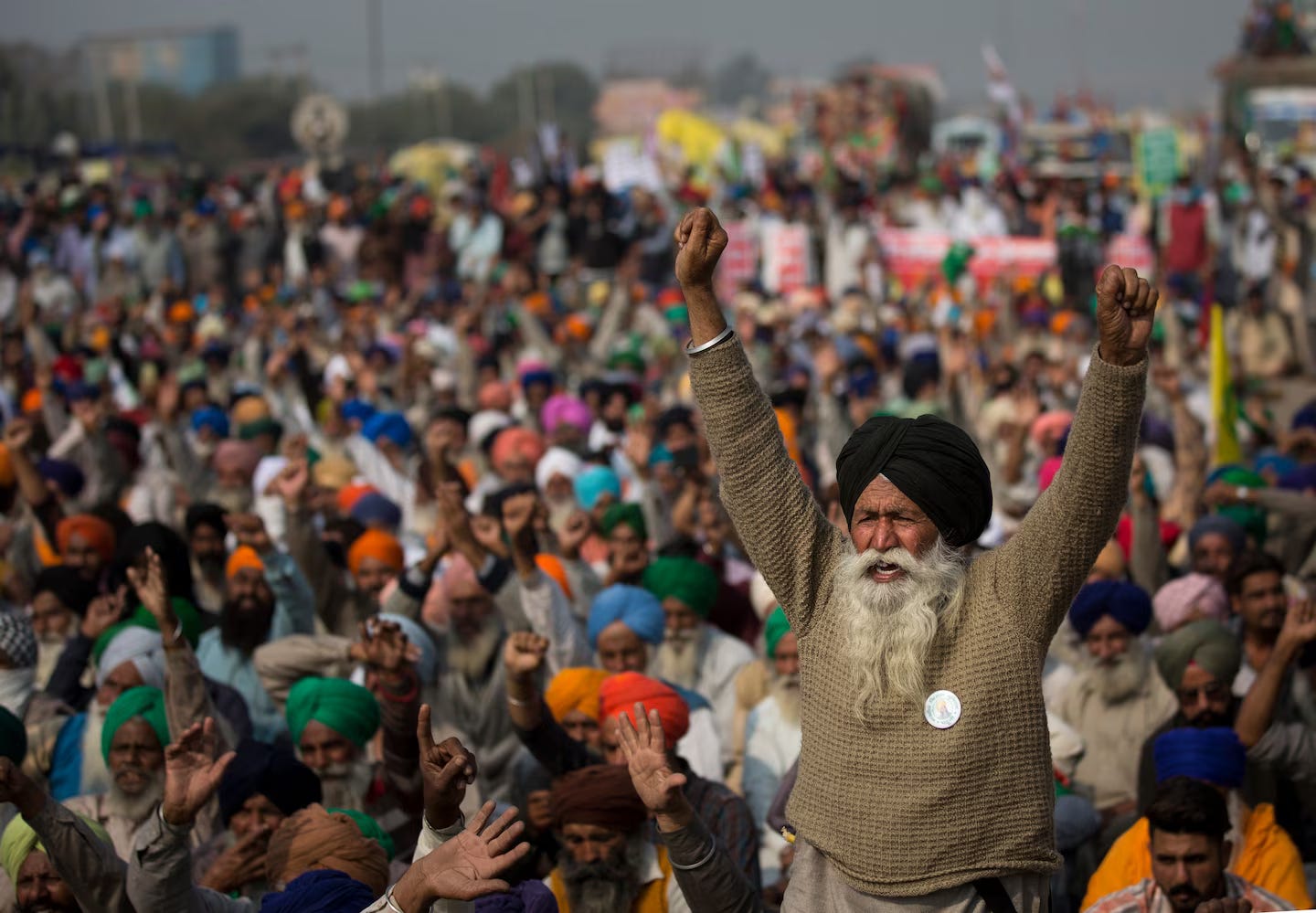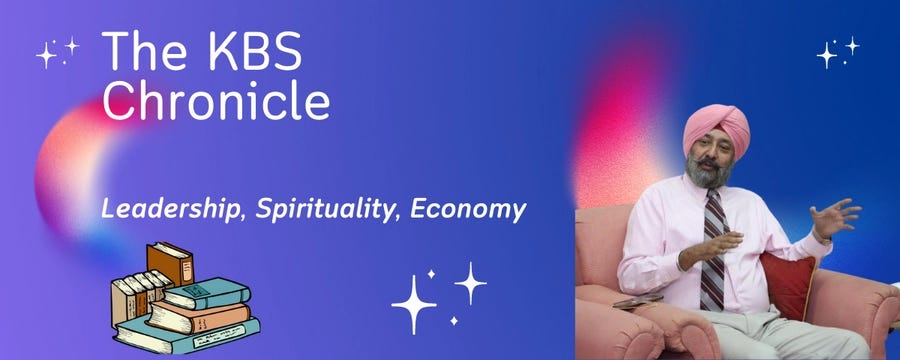IBC is Protect the "Debt", not the "Debtor": Supreme Court
Supreme Court Upholds Constitutional Validity of IBC Sections on Personal Guarantors.
Supreme Court Upholds Constitutional Validity of IBC Sections on Personal Guarantors
The Supreme Court of India on Thursday (November 9) delivered a landmark judgment upholding the constitutional validity of sections 95 to 100 of the Insolvency and Bankruptcy Code (IBC), marking a significant step toward reinforcing the accountability of personal guarantors in corporate debt scenarios. This decision is poised to bolster the operational effectiveness of the banking sector by enforcing the legal and moral obligations of guarantors to honour debt commitments.
Dismissing over 200 petitions, including those involving high-profile corporate figures such as Anil Ambani, the Court has sent a clear message on the seriousness of personal guarantor liabilities. According to data available until the end of September, the IBC has seen 2,289 insolvency applications, involving corporate debts totalling ₹1,63,916 crore, filed against personal guarantors since 2019, highlighting the law's extensive reach and impact.
Supreme Court's Rationale on Due Process
The Apex Court rejected the contention that these sections did not provide for a mandatory hearing for personal guarantors during the recommendatory stage by the debt resolution professional that precedes the substantive process before the National Company Law Tribunal (NCLT). It was observed that the moratorium on the debt is effective immediately once the resolution professional is appointed, safeguarding the personal guarantors from any prejudice. The formal adjudicatory process, as per the Court, commences only when the NCLT receives the report from the resolution professional, allowing personal guarantors more than adequate opportunity to present their case.
No Adjudicatory Role for Resolution Professionals
The Court clarified that the debt resolution professional serves merely as an agent of the NCLT, forming only a recommendatory role, and not an adjudicatory one. It emphasized that consigning an adjudicatory role to the resolution professional would not only negate the explicit statutory framework but also disrupt the IBC’s strict timelines.
Judicial Pronouncements
The Chief Justice of India, leading the Bench, declared that the statute is free from any manifest arbitrariness and does not violate Article 14 of the Constitution. The Bench, which also included Justices JB Pardiwala and Manoj Misra, reinforced that their role is not to rewrite legislative functions but to interpret them as they are.
Safeguards and Legislative Intent
The Supreme Court highlighted that the IBC has adequate safeguards concerning the role of the resolution professional, ensuring that recommendations are made after considering all necessary information and explanations by the debtor. It also noted the distinct treatment of insolvency of corporates and individuals or partnership firms within the Code.
Moratorium and Protective Measures
The Bench concurred with the Solicitor General that the moratorium under Section 96 serves a protective purpose, aiming to shield the corporate debtor from legal actions deriving from debt, rather than actions against the debtor.
Hearing and Judgment Process
The Bench initiated its judgment on the petitions on November 7 and completed the dictation over a span of two days, culminating on November 9. In its pronouncement, the Bench emphasized the clear distinction between individual debtors, partnerships, and corporate debtors. The detailed judgment, providing further insights into the Court’s reasoning, is yet to be uploaded.
Overview of Challenged Provisions
The central argument by the petitioners against the specific sections of the IBC was the alleged lack of due process. The introduction of the insolvency resolution process for personal guarantors in 2019 was a significant expansion of the IBC's scope, previously limited to corporates. Despite the provisions allowing creditors to initiate insolvency proceedings against personal guarantors, the individual guarantors were argued to lack the opportunity to dispute the initiation of the insolvency resolution process or the appointment of the resolution professional.
Farmers vs Corporate Giants: Disparity in Debt Recovery
The stark contrast in the debt recovery process in India becomes evident when comparing the plight of farmers with that of corporate tycoons. Under the stringent provisions of the British-era Revenue Recovery Act, 1890, farmers face severe measures for government/ sovereign dues, including the attachment and sale of property, and even detention in civil prison for up to 40 days. This contrasts sharply with the approach towards corporate magnates who, despite securing substantial loans for their companies, often resort to sophisticated legal manoeuvres to delay recovery proceedings. These tactics include engaging top legal minds and leveraging ongoing litigation in the Supreme Court to stall processes. The Revenue Recovery Act of 1890, primarily allowing only a demand notice or writ of demand before the Collector issues a recovery certificate, triggers a rigorous recovery process executable across India. This dichotomy underscores a systemic imbalance in the treatment of different debtor classes in the country.
Supreme Court's Ruling: A Step Towards Equitable Resolution
The Supreme Court’s latest Judgment upholds the efficiency and fairness of the insolvency resolution process as codified in the IBC. By emphasizing timely resolution and the facilitative, non-adjudicatory role of debt resolution professionals, the Court has ensured that personal guarantors, irrespective of their stature, are held accountable while being given a fair opportunity to present their case before the NCLT. This ruling is a step towards rectifying the disparities in the debt recovery landscape, providing a more balanced approach. Furthermore, it highlights the necessity for banks to actively pursue pending cases in various NCLTs, especially in situations involving clear bank fraud or criminal misappropriation of loans. While agencies like the CBI and ED continue to prosecute high-profile offenders, banks shall now be expected to expedite these cases to their logical conclusion, ensuring justice and accountability across the board, including but not limited to personal guarantors.







